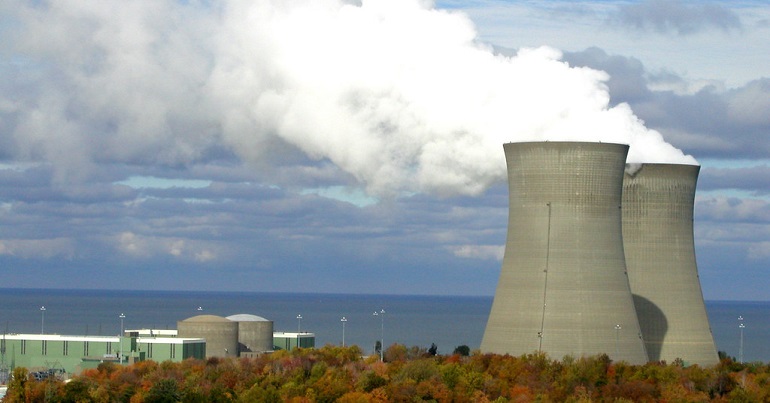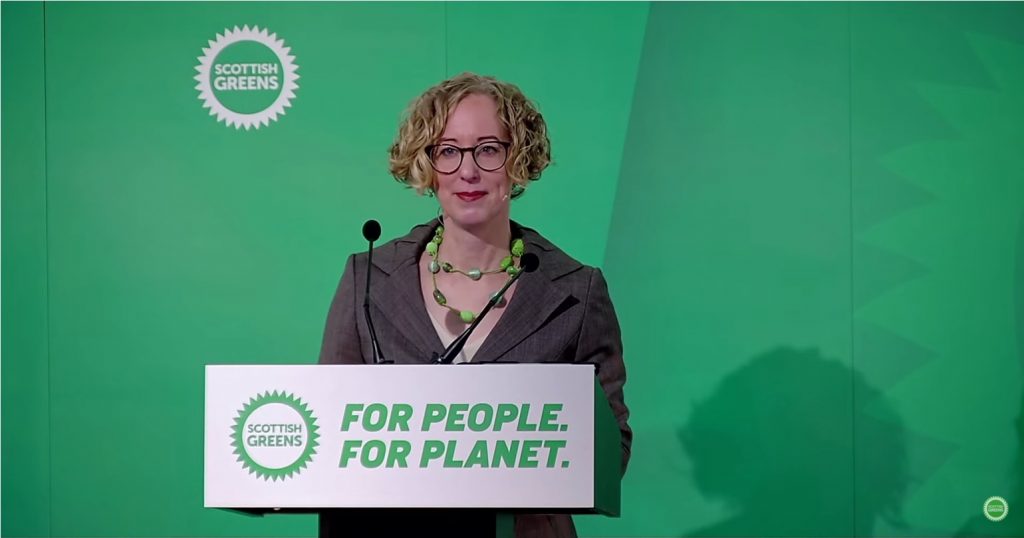Nuclear – a dirty, dangerous and expensive waste
Nuclear power, since its first commercial application in the 1950s, has been thought to offer relatively clean and reliable energy in large enough quantities to meet humanity’s continually growing demand through the 20th century and in to the 21st.
Nuclear energy is often cited as being a “clean” alternative to the burning of fossil fuels, which has brought our planet to the brink of an environmental catastrophe. In the UK, 15 nuclear reactors are currently in operation at 7 plants, supplying around a quarter of our energy as of 2016. This proportion is set to rise to one third by 2035.
However, a comprehensive study by leading German economic think tank Deutsches Institut für Wirtschaftsforschung (The Germany Institute for Economic Research), released last week, has concluded that nuclear energy is not only environmentally unsustainable, but it is also not commercially viable.
The Institute’s analysis found that a 1,000MW nuclear power plant yields in an average economic loss of 4.8 billion euros, and in the best case scenario a loss of around 1.5 billion euros. It concludes that in instances where nuclear power plants were built using private investment, significant state subsidies were necessary to make the project commercially viable, with nuclear power stations being built and operated at a loss in almost every instance.
Christian von Hirschhausen, co-author of the study, said:
Nuclear power was never designed for commercial electricity generation; it was aimed at nuclear weapons. That is why nuclear electricity has been and will continue to be uneconomical. Further, nuclear energy is by no means ‘clean.’ Its radioactivity will endanger humans and the natural world for over one million years.
The significant expense associated with nuclear power stands in contrast to renewables, which have consistently been shown to be significantly cheaper than nuclear as a form of new electricity generation, and will soon catch up with other energy sources in terms of price. For example, by the 2020s, energy produced by offshore wind will be as cheap as, or cheaper, than any other form of power generation.
The report concludes that nuclear energy cannot be thought of as “clean”. Mining for uranium ore generates significant quantities of radioactive waste as well as rendering large swathes of land unusable. Splitting uranium and plutonium when producing electricity also leads to radioactive emissions. The report states:
Splitting uranium and plutonium during electricity production causes radioactive emissions in the form of particle radiation, which is a potential hazard to human health. A number of studies have established a correlation between building and operating nuclear power plants and the risk of children in the vicinity contracting cancer or leukaemia.
The report also cites the difficulty in safely decommissioning nuclear power plants, the risk of serious accidents like Fukushima and the challenges associated with the long-term storage of nuclear waste as further demonstrating nuclear power’s unsuitability as a sustainable and economically viable power source.
The idea that nuclear power production is emission-free is also false. One study, cited by DIW Berlin’s report, found that on average 55 grams of CO2 or equivalent were emitted for every kWh generated by nuclear power plants, around 20 per cent of the emissions of a gas-fired power plant.
This report adds yet more evidence to show that nuclear energy is not only immensely expensive for consumers and governments, but that it is a dangerous, dirty and environmentally unsustainable source of power generation that cannot be part of any future environmentally friendly energy infrastructure.
Governments would be better off scrapping hugely expensive new nuclear projects and investing instead in renewables, which have the potential to provide clean, safe and reliable energy for all of us.
Image credit: Nuclear Regulatory Committee, Creative Commons





Awesome, this article and paper will be used by the Natural Gas industry as we continue to build natural gas power plants to back up solar and wind. Germany is shutting down their nuclear power plants and they can no longer meet their Climate Goals in accordance with the Paris Climate Accord.
This paper makes some massive incorrect assumptions in their costs and lifespans of nuclear power plants. First, an assumption of 40 years is incorrect for new nuclear power plants. The newest plants could last 60-80 years, so their costs per kW for construction they use in the beginning is off by half, a massive mistake. Second, why aren’t new power plants being built in South Korea or the UAE included in their numbers? The paper says new nuclear power plants could not be standardized, which is not true considering South Korea has made massive strides in this realm. Third, while Germany might be shutting down their nuclear power plants, why doesn’t the article mention that Japan has restarted all of theirs as it is vital to meeting their climate goals?
Renewables alone cannot power the energy grid of the future for the developed world or the developing world. Mark Jacobson’s failed attempt at proving it could work alone should be more than enough to be a nail in the 100% renewable grid. Fact is nuclear power is the best available zero-emission source to clean our energy grid. If France in the 70s could do it, we can do it today. California will be the next example in increased costs for higher emission energy.